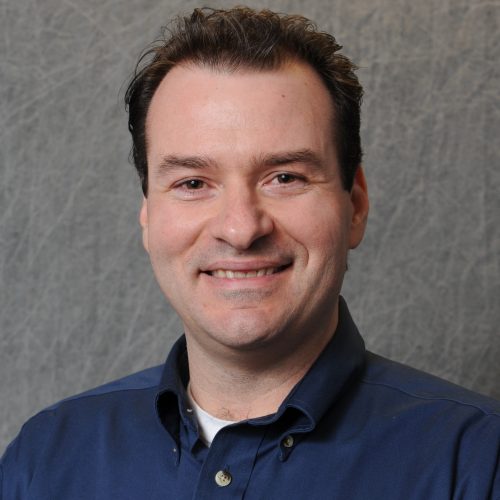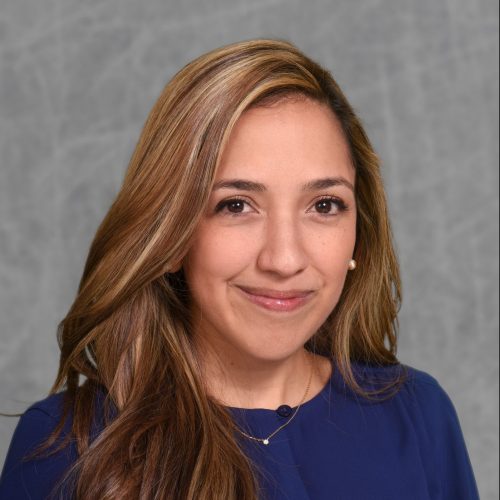Courses
Core Courses
Students must take these two courses:
CE 527 - Structural Dynamics
Units: 3
Analysis of single and multi-degree-of-freedom structures subjected to various types of excitations and initial conditions. Computational aspects of dynamic analysis. Introduction to approximate methods of analysis.
Offered in Spring Only
CE 725 - Earthquake Structural Engineering
Units: 3
Effects of earthquakes on structures and of design of structures to resist earthquake motions; earthquake mechanisms and ground motions; response of structures to earthquake motions; behavior of materials, structural elements and assemblages subjected to earthquakes; principles of earthquake-resistant design practice; soil-structure interaction; and special topics.
Offered in Fall Only
Elective Courses
Students must select at least two courses:
CE 723 - Advanced Structural Dynamics
Units: 3
Finite element formulation of equations of motion; advanced analysis techniques for discrete parameter systems; investigation of damping; analysis of continuous systems; applications to civil engineering structures.
Offered in Fall Only
YEAR: Offered Alternate Years
CE 727 - Seismic Analysis, Assessment, and Design of Concrete Buildings
Units: 3
This course covers the seismic analysis, assessment and design of concrete building structures. The progression through the course follows four areas, namely: Concrete non-linear material behavior; Frame analysis and design; Wall analysis and design; assessment and retrofit. The emphasis during the course will be on the relationships between engineer's choices, analysis and design.
Offered in Spring Only
CE 728 - Performance Based Seismic Design of Bridges
Units: 3
This course covers the seismic analysis and design of bridge structures. The progression through the course follows six thematic areas, namely: Conceptual design; Analysis approaches; Capacity Design; Response Verification; Assessment and Retrofit of Bridges; and New [or underutilized] frontiers in bridge engineering. The emphasis during the course will be on the relationships between engineer's choices, analysis, and design.
Offered in Spring Only
CE 593 - Special Topics in Geotechnical Engineering
Units: 1 - 3
New or special course on recent developments in some phase of civil engineering. Specific topics and prerequisites identified for each section and varied from term to term.
Offered in Fall and Spring
CE 746 - Soil Dynamics and Earthquake Engineering
Units: 3
Dynamics of discrete and continuous systems with application to soil dynamics: dynamic soil properties, analysis of foundation vibration, construction-induced vibration, dynamic soil-structure interaction. Geotechnical earthquake engineering: ground motion characteristics, dynamic response of soil sites, effect of local site conditions on design ground motion, liquefaction of soils.
Academic Performance Requirements
- The Performance Based Earthquake Engineering GCP requires a total of 12 credit hours.
- Students must take both core courses and at least two elective courses.
- To receive a Graduate Certificate, a student must maintain a minimum 3.000 grade point average (GPA) on all coursework taken at NCSU. All grades on courses taken towards the GCP in courses numbered 500 and above are included in the GPA. Any courses taken at the 400 level and below are not eligible for certificate credit.
- All courses taken for certificate credit must be completed with a grade of “B-” or better.
- All courses at the 500- or 700-level taken for certificate credit must be letter-graded. Credit-only courses cannot be used for certificate credit.
- Transfer credit from other institutions is not allowed for the GCP. All coursework must be registered through NC State University.
- All GCP requirements must be completed within four (4) calendar years, beginning with the date the student commences courses applicable to the GCP. In addition, students must maintain continuous enrollment every semester until all coursework is completed. A one-semester leave of absence may be granted if the student is unable to enroll in a course due to extenuating circumstances. The leave of absence must be approved in writing by the DGP before the start of the semester.
- Graduate certificate courses taken by students who are also enrolled in a graduate degree program may be double-counted with the degree courses to the extent that the courses unique to the degree remain at 18 hours for a MS degree or 36 hours for a PhD degree.
- The transfer of graduate certificate courses taken prior to enrollment in a graduate degree program is limited to 12 hours (note: transfer totals from all sources shall not exceed 12 hours).

